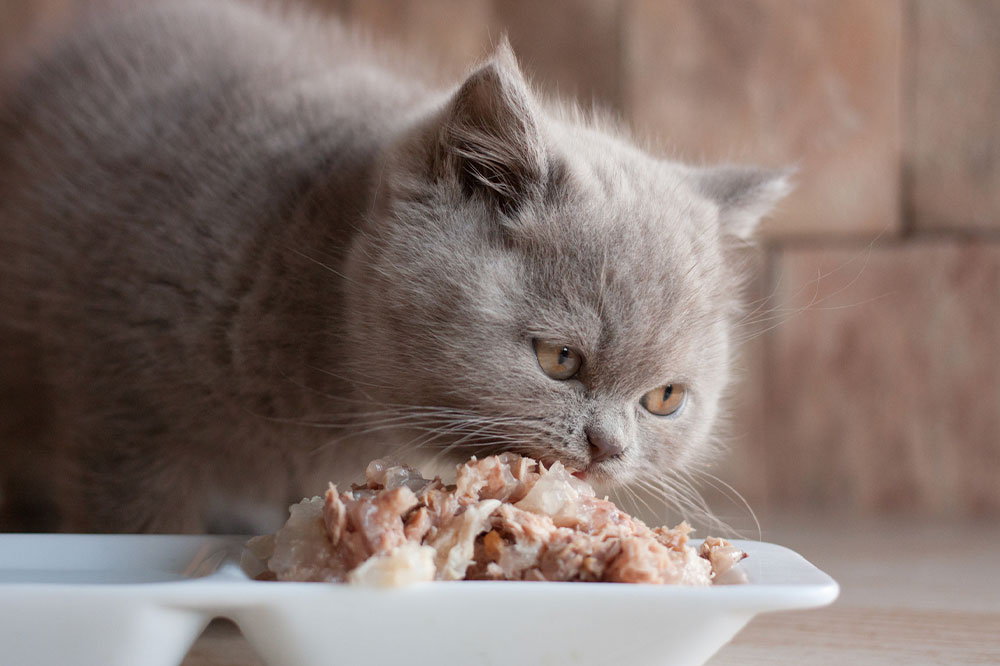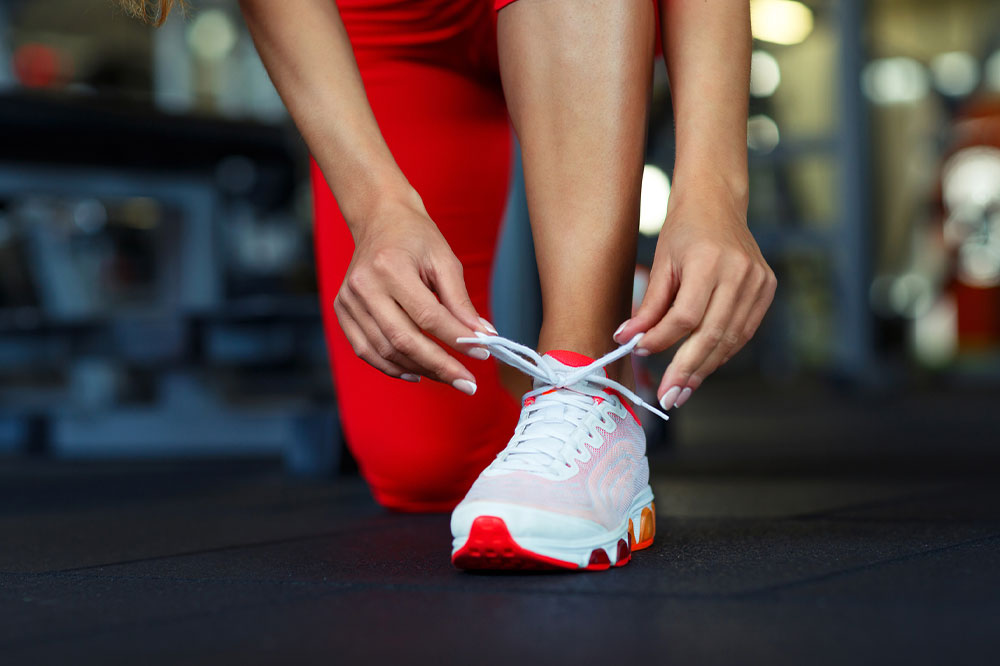9 habits to avoid for a healthy liver

The liver is the second-largest organ in our body that performs numerous vital tasks. For instance, it metabolizes chemicals, neutralizes and destroys poisonous compounds, manufactures essential nutrients, produces bile, and regulates glucose, cholesterol, vitamin, and hormone levels. Still, people rarely stop to think about liver health. Caring for the liver begins by breaking certain unhealthy habits. Read on to learn more about nine such habits that could harm the liver and how to avoid them.
Consuming too much sugar
When sugar enters the body, it is broken down into glucose and used for producing energy. Any excess turns into fat, which is stored in the liver. Over time, this can lead to fatty build-up in the organ, increasing the risk of fatty liver disease. Excessive sugar consumption also increases inflammation in the body, harming other internal organs. Avoiding sweets and controlling blood sugar can help people maintain liver health and performance.
Dining out regularly
Many people eat rather large portions of processed foods when dining out. The food served in restaurants often has high amounts of saturated fats, salts, and sugars. Eating such food can raise inflammation in the body, impede liver function, and put one at risk for conditions like liver cirrhosis. Instead of processed foods, one should reach for nutrient-dense foods that support liver health, such as chicken, turkey, and fish. Fruits and vegetables like berries, spinach, and kale are also excellent choices. Further, individuals can consider oatmeal, nuts, and seeds. One can flavor foods with liver-friendly herbs, such as chicory root, peppermint, milk thistle seeds, and dandelion roots.
Erratic eating patterns
Irregular eating patterns may also affect the liver. For instance, some people eat in the middle of the night (known as night eating syndrome), which raises their risk for diabetes and other lifestyle diseases. These diseases can, in turn, impact liver function significantly. To avoid liver complications, people must follow an eating schedule. One must also avoid skipping meals, as it may result in cravings.
Staying dehydrated
Dehydration can put the liver under more stress, raising the likelihood of liver diseases. So, it is crucial to stay hydrated. Experts say men must drink at least 3.7 liters (15.5 cups) of fluid daily, while women should get at least 2.7 liters (11.5 cups). The amount may change depending on one’s overall health, activity levels, local environment, and other factors.
Leading a sedentary lifestyle
A lack of physical activity could be a major contributor to fatty liver disease and other liver diseases. On the other hand, being physically active can help keep the liver healthy and boost its performance. Researchers recommend aiming for around 150 minutes of moderate-intensity physical activity per week, such as brisk walking, swimming, or yoga.
Not getting enough vitamin D
Some preliminary studies have found a link between vitamin D deficiency and hepatic disease, particularly fatty liver disease. So, one should get sufficient sun exposure to boost vitamin D production and keep the liver happy. Eating foods rich in vitamin D can also help in the long term.
Poor sleeping habits
Sleep deprivation and poor sleep quality have also been linked to fatty liver disease. So, one must practice good sleep hygiene by creating a conducive environment – dim the lights, set the room temperature correctly, and keep all electronics away from the bed. Creating a bedtime routine may also help improve sleep quality and quantity over time.
Regular exposure to toxins
Toxic chemicals, such as those in aerosol sprays, cleaning solutions, and pesticides, can wreak havoc on the liver. So, individuals should limit or avoid exposure to these. When using chemical cleaning products, one must ventilate the room well and use protective equipment. People should also closely follow the manufacturer’s instructions.
Sharing personal hygiene products
Razors, toothbrushes, nail clippers, and other personal products can carry tiny amounts of blood or other bodily fluids. Sharing these could increase the risk of viral liver conditions, such as hepatitis B and C. So, it is best to avoid breaking this habit.
In addition to avoiding the habits discussed above, one must develop healthy lifestyle practices to reduce the risk of infection. For example, one should wash their hands with soap and water after using the bathroom, before changing a diaper, and before preparing and eating food.









